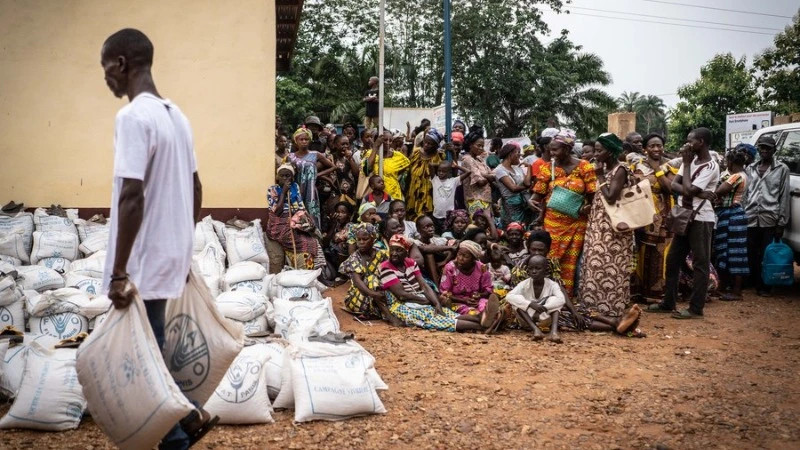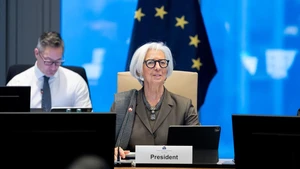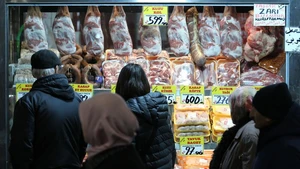The World Food Programme points out that climate change is one of the main “culprits” causing food insecurity in Africa and Nigeria. Accordingly, climate change is increasing pressure on Nigeria’s agricultural sector in the context of prolonged droughts, extreme weather patterns and short rainy seasons that cause water shortages.
The repeated climate “shocks” are making Nigeria’s recovery efforts fragile, ineffective and unsustainable, said World Food Programme spokesperson Chi Lael. The worsening drought in the northern region, which provides the bulk of food for Nigeria’s 237 million people, is directly affecting food supplies and prices.
Nigeria’s Agriculture Minister, Aliyu Abdullahi, acknowledged that the agricultural sector is witnessing a serious decline in productivity due to the impact of climate change. More than 80% of Nigerian farmers are smallholders, but they produce 90% of the country’s agricultural output. Agriculture contributed 22% of Nigeria’s GDP in the second quarter of 2024, down from 25% in the previous quarter. Meanwhile, household food imports increased by 136% in just one year, from 2023-2024, indicating great pressure on the domestic food supply chain.
According to the Nigerian National Emergency Management Agency, in 2024, rising temperatures and changing rainfall patterns affected more than 1,250 hectares of farmland in Adamawa State, disrupting food supplies and affecting people's livelihoods. Experts warn that with Nigeria's population expected to reach 400 million by 2050, the need to ensure food security will become increasingly urgent.
Sharing the same situation as Nigeria, Mozambique is also struggling with food insecurity. The Global Food Crisis Report 2025, recently released by the Global Network to Combat Food Crises (GNAFC) - an international coalition of the United Nations, government agencies and non-governmental organisations - shows that nearly 4.9 million Mozambicans are facing a serious risk of food insecurity since October 2024. The report highlights that 24% of the population in 105 of Mozambique’s 156 districts face severe food insecurity, including 900,000 people in a state of emergency.
There are three main causes of the food crisis in Mozambique:
First, the crisis is caused by droughts caused by El Nino, which led to low rainfall and high temperatures during the 2023-2024 agricultural season.
Second, natural disasters such as storms and cyclones have worsened the situation. Tropical storm Filipo in March 2024 and storm Chido in December 2024 destroyed 58,000 hectares of agricultural land.
Third, rising food prices have added to the crisis. In October 2024, maize prices increased by more than 33% compared to the five-year average in the south and more than 60% in the centre. In the last nine reports of the Global Network Against Food Crises, Mozambique has “consistently” been a country facing major food crises.
To address food insecurity in Africa, the Financing Sustainable Agri-Food Systems 2025 Summit, themed “Rethinking Sustainable Financing for Africa’s Food Systems,” taking place in Nairobi, Kenya, has called on African governments to increase public investment in agriculture to strengthen food security and facilitate sustainable growth.
To address food insecurity in Africa, the Financing Sustainable Agri-Food Systems 2025 Summit, themed “Rethinking Sustainable Financing for Africa’s Food Systems,” is being held in Nairobi, Kenya, and has called on African governments to increase public investment in agriculture to strengthen food security and facilitate sustainable growth.
Moses Vilakati, Commissioner for Agriculture, Rural Development, Green Economy and Environmental Sustainability at the African Union (AU), was pleased to announce that the continent has committed to mobilising 100 billion USD by 2035 to transform its food system. By increasing the budget for the agricultural sector from 3% to 10% of GDP, Africa believes it will help increase productivity by 45%, eliminate post-harvest losses and triple intra-African agricultural trade by 2035.
















